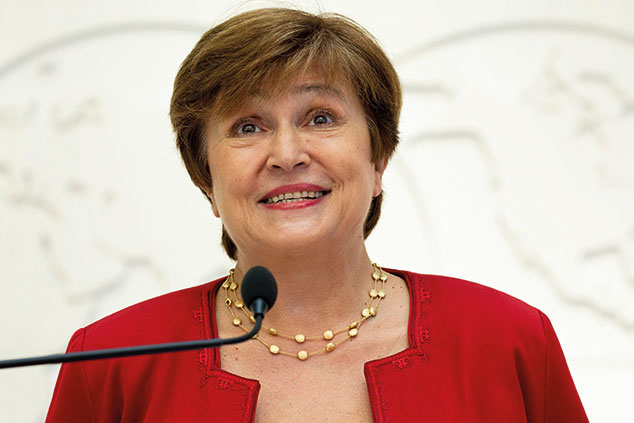
A few months ago in an article headlined “15 business and finance writers this billionaire always reads”, US columnist and asset manager Ken Fisher noted that he always reads me, for the simple reason that “Merryn Somerset Webb attacks virtually everything I believe in”. Everyone likes a challenge. He will be surprised then to find that I agree with much of what he has written in a Financial Times article this week.
Conventional monetary policy assumes, he says, that low interest rates (which make borrowing cheaper) will make people want to borrow more. But beyond a certain point that isn’t true. Very low rates kill the profitability of loans (by crunching the spread between the rate at which a bank can borrow and that at which it can lend). This makes it hard to think that the lower they go the more banks will lend. If, for example, the pushing down of rates via quantitative easing (QE) really worked, loan growth and inflation would have risen during periods of QE. They did not.
Also, moving from low rates to super-low rates doesn’t make much difference to businesses, given their margins of forecasting error: “businesses won’t launch more projects because of quarter-point – or even full-point – rate cuts. If a project isn’t profitable at current rates, it isn’t worth doing at fractionally lower ones – even 0%”. The answer to our current woes then is not to keep cutting rates and introducing new rounds of QE (as the European Central Bank has and the Federal Reserve is about to), but to reverse the whole thing. The result of this return to monetary sanity would be “near magic”. Loans would flow as banks could make money on them again. Business investment would accelerate everywhere and in the UK the stage would be set for a “post-Brexit pop”, with banks clamouring to lend just as firms “get the clarity needed to deploy pent-up plans”.
We are not convinced we would do this at the speed Fisher suggests (crashing bond prices would have nasty consequences). But on QE not working as advertised? We are convinced. Bill Bonner agrees pretty wholeheartedly. Matthew Lynn agrees too. And even the International Monetary Fund, under its new leadership, is getting agitated about monetary policy. Its new head, Kristalina Georgieva, said in her first speech this week that her team is looking closely at the impact negative interest rates are having. We suspect that the closer she looks, the more unintended consequences she will find.
For something more positive, John Stepek explains in our cover story how the (slightly over-egged) misery over Brexit has produced some fantastic investment opportunities in the UK. We hear constantly from global investors about how hard it is to find yield. They clearly aren’t looking very hard: the FTSE 100 yields 4% and some of our biggest stocks pay over 5%. Next, we have an update on Vietnam, one of the few emerging markets we like. Finally, for those of you who have had enough of your jobs, we look at how to use Airbnb to make money and at how, if you are very frugal (and negative rates and stockmarket crashes don’t destroy your finances), you can retire by 40. Perhaps not in such a way as to be able to afford a new Land Rover Defender, but definitely in such a way as to have time to do a little protesting.